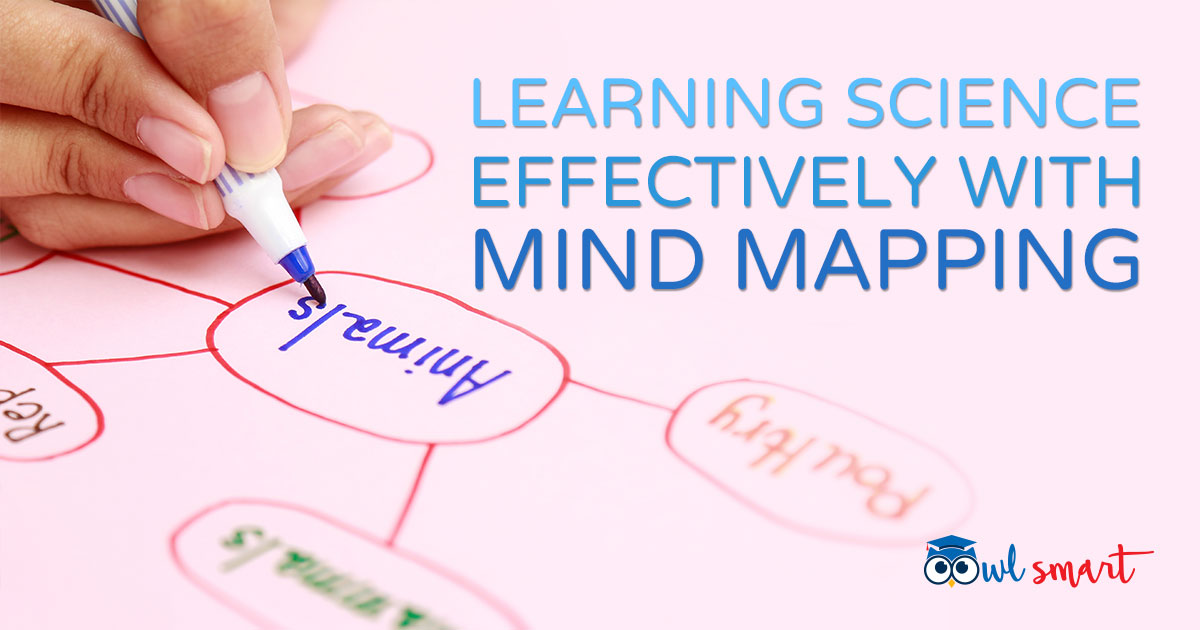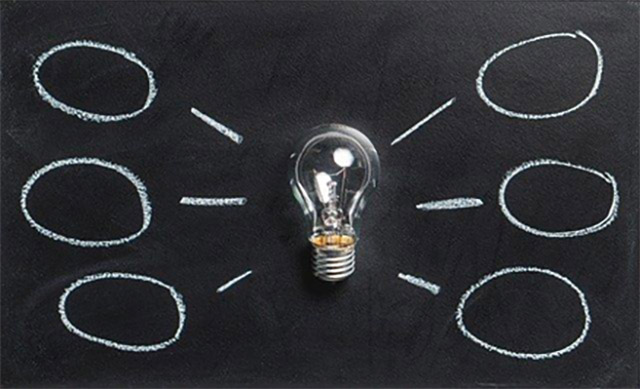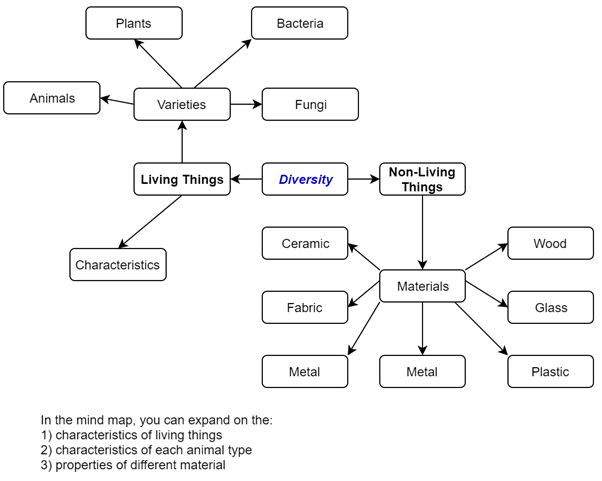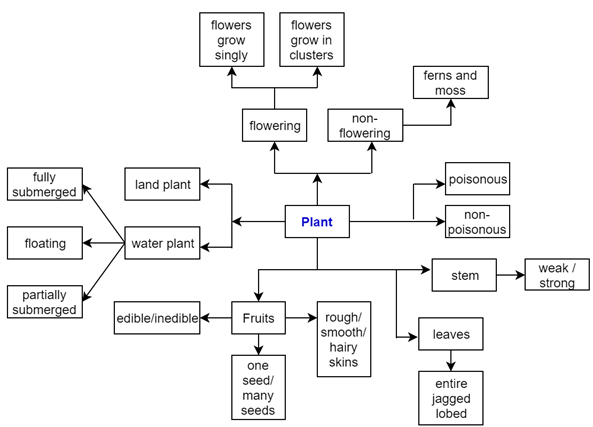
Mind map is a great tool that can be used by people of different ages for different purposes – presentation, planning, brainstorming ideas, collaboration and of course learning.

When it comes to writing a piece of composition, students can use a mind map to brainstorm ideas for different components of a plot.
Mind map is especially useful in the learning of Science too. Let’s take a look at some benefits below on the use of mind map in the learning of Science.
Organise the concepts Learnt
When a student has learnt a new topic in school, he can easily use a mind map to see how the new topic fits in the overall theme or existing knowledge.
For example, there are quite a number of topics in the theme of Diversity – animals, plants, bacteria, materials, etc.

Each topic can be further segregated into smaller sub-topics. A student can further delve into finer details or concepts learnt in a new topic by expanding on it using another mind map.
The mind map can help the student to organise a big amount of information in an orderly manner so that all the concepts link well and make sense.
The mind map below shows the expansion of knowledge on the topic of Plants (P3 topic). Try to expand on the other topics in the theme with your child when you can. It helps!

Engaging and Meaningful Learning
The traditional way of a teacher teaching and students listening only usually does not promote deep learning.
After a lesson has been completed, it will benefit your child more if he/she can create a mind map on his/her own to assess what has been learnt.
The process in thinking, categorising and linking knowledge engages and provides meaningful learning.
Retention of knowledge
Your child can also remember what he/she has learnt during lessons more easily when the knowledge is organised and presented in a visual way.
Your child can better relate the new knowledge gained with existing knowledge and see how they all linked together in a mind map.
A visual map linking key points is definitely easier to recall than sentences after sentences of words.
Helps in Answering Science Questions
A mind map that is well constructed will capture all the key concepts that are related. At a glance, your child will have an overall view of all the key concepts pertaining to the topic and can sift out the relevant key points/concepts needed to answer specific Science practice/exam questions.
Note that most of the Science questions test on the key concepts pertaining to each topic. If your child can pick out the correct concept to apply, that is half the battle won.
Coupled with answering techniques and the ability to apply concepts to the questions, your child will be able to answer Booklet B with ease.
Carrying out Collaborative Science Project
Nowadays in local schools, there has been a trend on collaborative learning or group work.
Using mind maps can help your child to share, collate and categorise ideas more easily. In that way, the project can be carried out more efficiently.
Conclusion
Mind map is an useful tool in helping your child to summarise, link key concepts learnt and make sense of what he/she has learnt.
This will give your child a strong foundation in the learning of Science so that he/she can pick the right concepts and apply them in answering Science questions.
About the Author
Teacher Zen has over a decade of experience in teaching upper primary Math and Science in local schools. He has a post-graduate diploma in education from NIE and has a wealth of experience in marking PSLE Science and Math papers. When not teaching or working on OwlSmart, he enjoys watching soccer and supports Liverpool football team.



